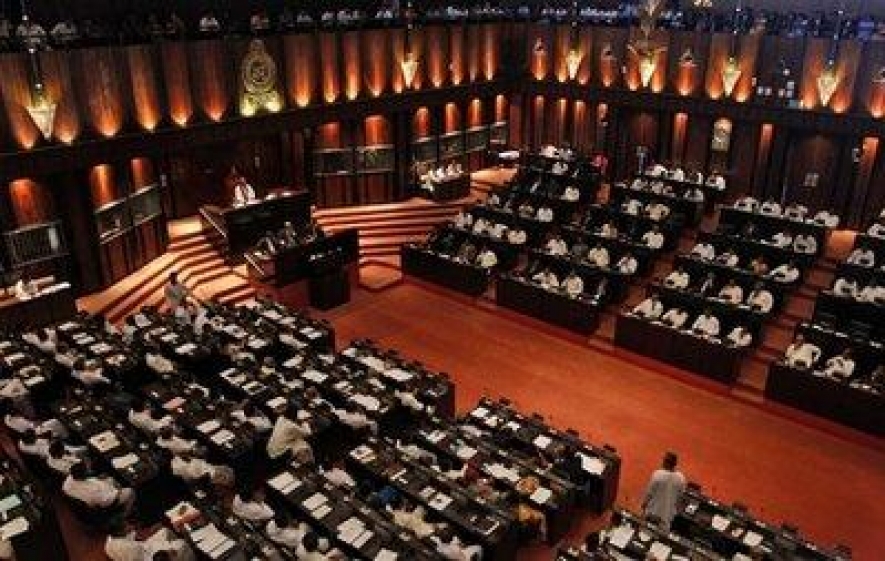The set of Guidelines for Adjournment Questions are as follows:
1. One hour shall be allocated for Adjournment Questions on the allotted day, and six Adjournment Questions shall only be allowed, 3 for the Government and 3 for the Opposition proportionately.
If either the Government or the Opposition fails to submit the required number of Adjournment Questions for any such day, the government or the opposition as the case may be will be allowed to move additional questions.
2. Adjournment Questions shall be restricted to important public matters and a Member of Parliament shall be allowed to ask only one such question per day.
The Speaker will decide on the validity of the question.
3. One hour will be allocated for adjournment questions on the days after the adjournment debate. In case either party fails to submit an adequate number of questions, the remaining party will be allowed to move additional questions. The Speaker will decide on the validity of the questions. The members should channel their questions through the respective organisers of the political parties to reach the Secretary General of Parliament before 10 a.m. of the sitting day.
4. The Leader of the House of Parliament should pass the questions to the respective Ministers to reply. However, Ministers will have the rights to reply, refrain from replying, or to request the question to be listed as a question for oral answers.
5. Adjournment questions will not have the right for supplementary questions and be subjected to Standing Orders 31 (1),”
6. A Member of Parliament asking an Adjournment Question should confine himself only to the question for which notice has already been given.




















